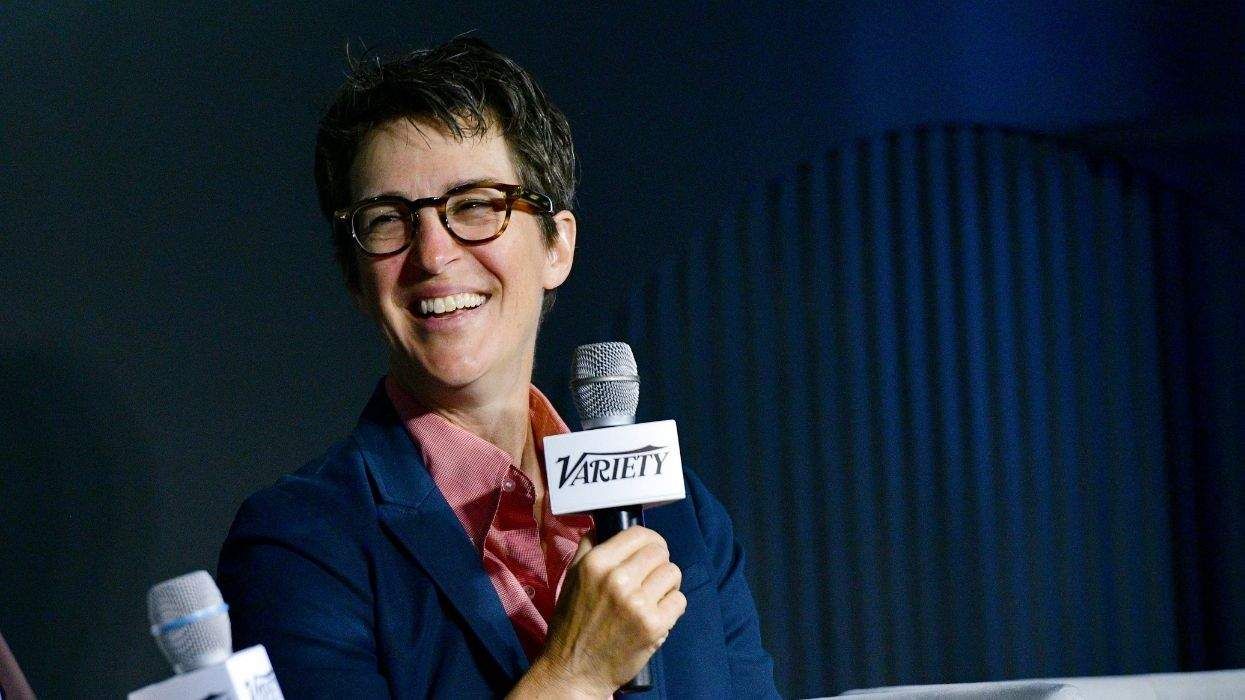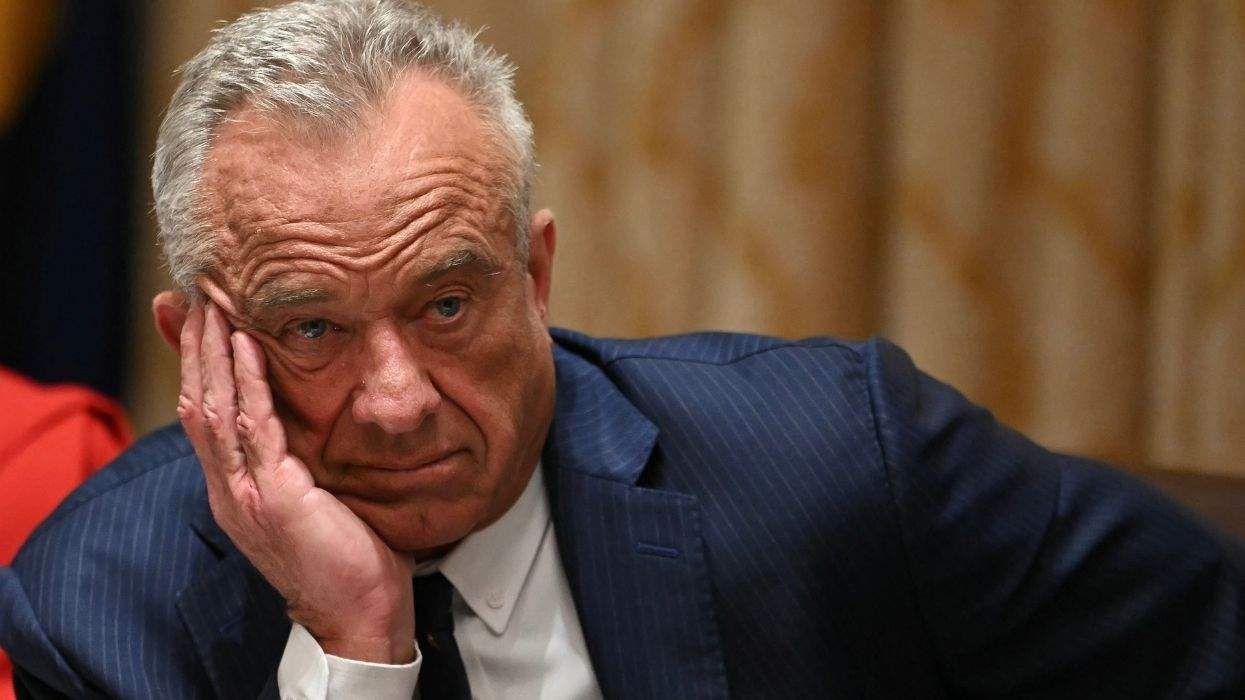The 75th
anniversary of Adolf Hitler's elevation to German chancellor
on Wednesday is one the country would prefer to
forget, but the ignominious event that ultimately led
to the deaths of millions remains part of the nation's
weighted history.
Hitler's
accession to the post gave the Nazi party its ''in'' to
eventually consolidate absolute control over the country in
the months soon after, setting it on the path to World
War II and the Holocaust.
The Holocaust
remains ''for us Germans an indelible part of our
history,'' Foreign Minister Frank-Walter Steinmeier said
Sunday, as the country marked the 63rd year since the
liberation of the Auschwitz death camp in annual
Holocaust remembrance ceremonies.
''The memory of
the genocide committed by the Germans serves to keep us
alert and fight anti-Semitism and racial hatred around the
world,'' he said.
Few public events
are planned to mark Wednesday's anniversary, although
many schools received letters from state governments asking
them to hold special sessions in class.
German students
spend at least half a school year learning about Hitler's
rise to power and the Third Reich, part of a concerted
effort on the part of modern Germany to prevent
history from repeating itself.
''It is a very
important day in German history, but of course it's not as
easily remembered as, for example, Kristallnacht on November
9, because nobody was hurt on January 30,'' said Frank
Rudolph, 44, a history teacher at a Berlin high
school.
The rise of
Hitler, and the Nazis, is viewed with a national shame and
horror, but its reasons for happening were complex, said
Hans Ottomeyer, director of Berlin's German Historical
Museum.
Ottomeyer cited
World War I, the rampant inflation in the postwar years,
the world economic collapse of 1929, and the country's
massive unemployment as factors that led people to
vote for extremist parties.
''The general
fear of social and economic decline was stirred from both
the left and the right,'' he said. ''They all tried to
consolidate their positions with violence, and that
opened the flank to this seizure of power.''
About a month
after being appointed chancellor, Hitler used the torching
of the Reichstag parliament building -- blamed on a Dutch
communist Marinus van der Lubbe -- to strengthen his
grip on power, suspending civil liberties and cracking
down on opposition parties.
Van der Lubbe, a
bricklayer, was convicted of arson and high treason in
December 1933 and executed on January 10, 1934.
In a move earlier
this month -- evidence that Germany's rehabilitation is
still going on 75 years later -- German prosecutors formally
overturned van der Lubbe's conviction.
Prosecutors said
his death sentence resulted from measures introduced
under the Nazis ''that were created to implement the
National Socialist regime and enabled breaches of
basic conceptions of justice.''
At the same time,
other prosecutors are still trying to track down Nazis
believed to be hiding out in other corners of the world and
bring them to justice.
A spokesman of
the federal ministry of justice confirmed Tuesday the
existence of an informal request for extradition regarding
war criminal Aribert Heim, believed to be in Brazil. A
court in the southwestern city of Baden-Baden has had
a case open on Heim for several decades.
In accepting
responsibility for the Nazi Holocaust, in which 6 million
people, the majority of whom were Jews, were killed, Germany
has established scores of memorials and museums across
the country.
Two new memorials
are planned for the capital near the Reichstag
building: one commemorating Roma and Sinti, or Gypsy,
victims of the Nazis and another remembering
homosexual victims.
The Reichstag
building -- which again became the seat of the lower house
of parliament after reunification -- already hosts a
memorial to political victims of the Nazis. The much
bigger Memorial to the Murdered Jews of Europe --
2,711 concrete slabs in undulating rows that opened in
2005 -- sits nearby on the other side of the landmark
Brandenburg Gate.
''The important
thing is to never forget, to never erase the memory of
the Holocaust -- not to punish future generations of
Germans, but to serve as a warning to us all,'' said
Rabbi Burt Schuman, an American who leads Poland's
Reform Jewish community. ''I can't think of a society that
Hitler would have hated more than the Germany of Angela
Merkel or most of her predecessors.'' (AP)




































































Charlie Kirk DID say stoning gay people was the 'perfect law' — and these other heinous quotes